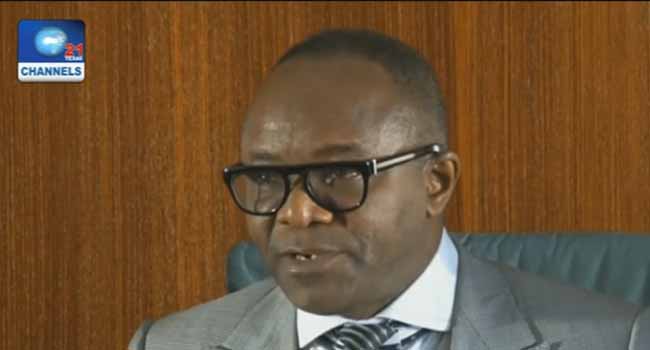
The United Nations (UN) and other sister agencies have launched major emergency appeals for increased funding, to effectively bridge the gap in the crisis affected areas, as millions of people in the Lake Chad region including Nigeria are in need of humanitarian aid.
Representatives of governments of donor countries namely the US, Ireland, Korea, Sweden, Germany, Norway, British embassy, French embassy, Japan and ECOWAS officers are all part of the group.
The Japanese Ambassador to Nigeria, Sadanobu Kusaoke, said that the humanitarian crisis is massive and beyond description, while appealing to the Nigerian Government to do more in terms of intervention programmes for the affected population.
“I came to Maiduguri for the first time, before coming to Maiduguri, I saw many news but it was not so vivid. So now, I think by visiting IDP camps and meeting with officials of the State government and also meeting with the theatre commander I think I got the clearer picture of what is happening.
“I’m going to advice my home government to participate in integrated and concerted efforts of international community to alleviate the crisis affecting people suffering, so I think we have to very closely cooperate to deal with this crisis.
“We will do our best but the effort from the international community alone cannot do the work. So, the participation of the Nigerian government is also a very important factor, so when we go back to Abuja we will continue to have discussions regarding this crisis.” He ended.
Meanwhile, the Irish Ambassador to Nigeria, Sean Hoy, who is also among those who have interacted with the affected population, as well as the key actors in the northeast, believes that military operational successes translates to discovery of more displaced persons.
“We will commit ourselves in Oslo to fully support the process of moving from a humanitarian crisis to normalization and recovery.
“As we said to the Military General, this is a difficult situation because we are trying to move to normalization but not a cease-fire.
Sean Hoy further stated “This is not the end of a natural disaster where we can bring back electricity, housing and water.
“With normalization, military security and civilian administration, the chances of the huge chaos that has affected these areas over the last few years will not happen again because that opportunity will be stopped, by having better security and better civilian administration.
“Without the military, there will be no humanitarian assistance in the northeast.
“The agencies cannot function here without the military making progress but every time they make progress, more IDPs come as a result of that and the situation is one that we have to accept.
“Something that we have agreed is that we can’t have a prescribed programme or we predict what every single agency would do for the next three months and we hold you and monitor you against that.
“We have to on our side accept some flexibility, things can change.” He stated.
Nevertheless, the U.N. humanitarian agencies are appealing for aid to the tune of $1.05bn, for intervention in the Lake Chad region.




